USA IMMIGRATION
United States immigration law consists of complex and constantly changing federal rules, procedures, and legal precedent. This section of our website provides a brief summary of certain areas in U.S. immigration law, including immigrant and non-immigrant visas, investment opportunities to become a permanent resident (Green Card), compliance with federal law, and others services we offer.
We provide legal services to all immigrant and non-immigrant visas including the following.
EB-4 Category is for special immigrants such as religious workers, certain long-time employees of the U.S. government, citizens of Iraq or Afghanistan that have worked for the U.S. Armed Forces as a translator for at least 1 years, some physicians who have a residence in the U.S. for a number of years juvenile dependents of a court who are eligible for foster care, some dependents of diplomats, employees of the American Taiwan Institute for at least 15 years, persons who have served in active duty in the U.S. armed services for 12 years or after 6 if they have reenlisted for 6 additional years, etc.
Requirements:
- Religious Worker
- Broadcaster
- Iraqi/Afghan Translator
- Iraqi who has assisted the US
- Employee of an international organization
- Employee of the Panama Canal Zone
- Physician
- Retired NATO-6 employee
- Member of the Armed Forces
- Spouse or child of deceased NATO-6 employee
The temporary Partner visa (subclass 820) allows you to live in Australia if you are the spouse or defacto partner of:
- An Australian citizen
- An Australian permanent resident
- An eligible New Zealand citizen.
The temporary Partner visa (subclass 820) is the first stage towards a permanent Partner visa (subclass 801). You must be in Australia when you apply and also when this visa is decided.
You lodge one application form for your temporary and permanent visas and pay one application charge. Your application is processed in two stages, about two years apart.
The temporary Partner visa (subclass 820) allows you to live in Australia if you are the spouse or de facto partner of:
The temporary Partner visa (subclass 820) lets you:
- Stay in Australia until a decision is made about your permanent Partner visa
- Work in Australia
- Study in Australia, but with no access to government funding
- Enrol in Medicare, Australia’s scheme for health-related care and expenses.
You can include your dependent children in your application, but not other dependent relatives (unless you hold or held a Prospective Marriage visa). Dependent applicants must be in Australia when they apply.
If you are later granted a permanent visa, you can:
- Stay in Australia indefinitely
- Work and study in Australia
- Apply for Australian citizenship (if you are eligible)
- Sponsor eligible relatives for permanent residence
- Receive some social security payments
- Travel to and from Australia for five years from the date the visa is granted – after that time you will need another visa to enter Australia.

